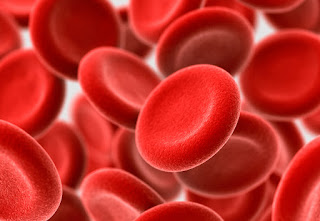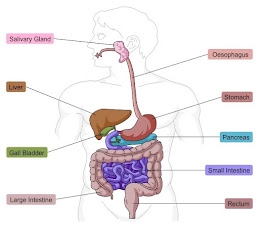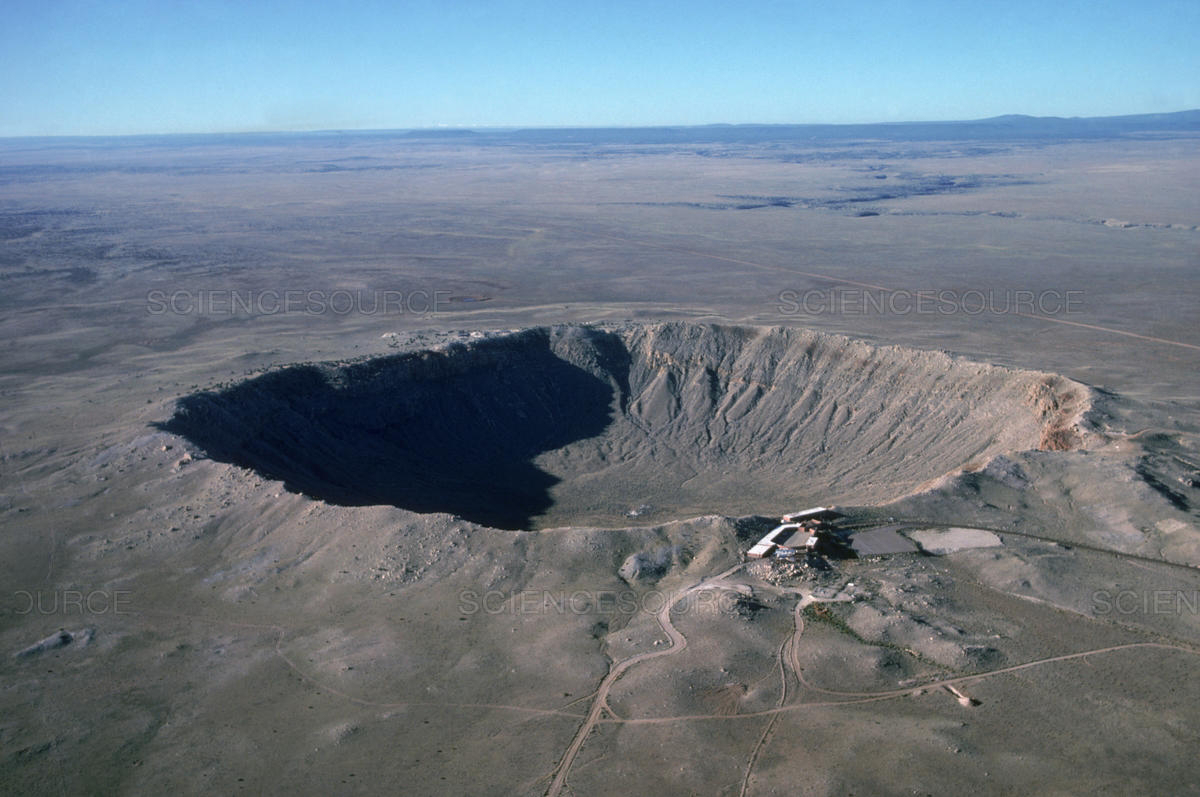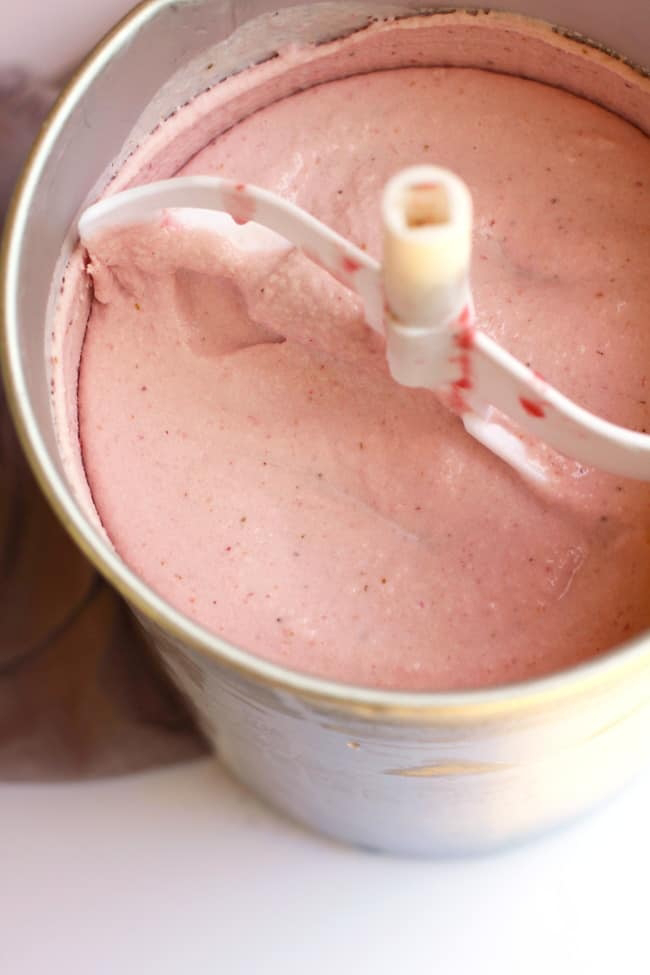The Man With Golden Blood

I like to cook, which usually involves knives. One afternoon I was chopping onions when I unexpectedly removed the tip of my finger. Naturally, I was alarmed at the amount of blood, and I began to wonder if the bleeding would stop but stop it did. Magic? No, your blood has ways of stopping bleeding. Good job, too; it's important stuff. Blood looks like a simple liquid, but it is complicated and carries out several jobs. You may know that red blood cells are carried around in a liquid called plasma. You may also know that these cells contain a chemical called haemoglobin, which gives them their red colour. These little packets move around your circulatory system, transferring oxygen to where it is needed and returning to your lungs to pick up more. Also carried in the plasma are your white blood cells. There are many kinds of these, but they protect you from dangerous invaders. They identify foreign organisms, bacteria, viruses, fungi, or transplanted organs. Once identified, they





